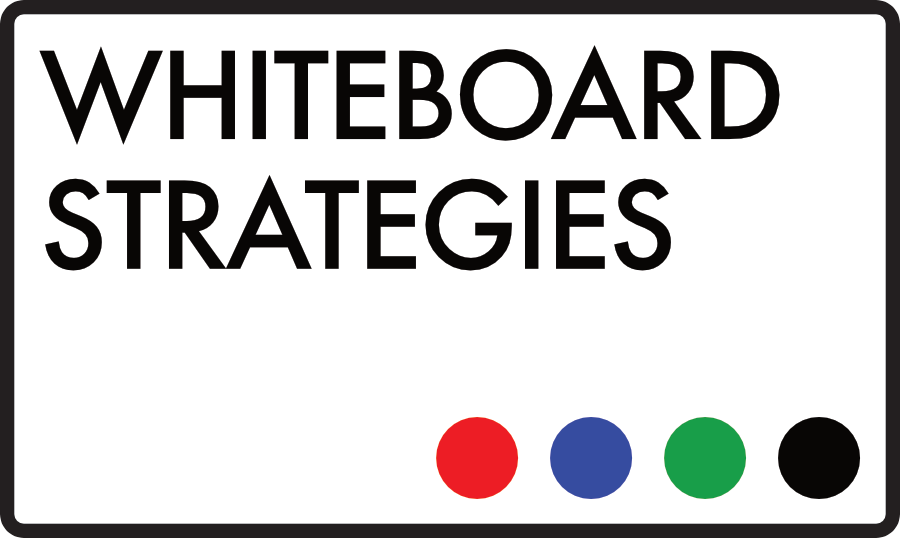We live in the age of CRM. Sales floors and account manager’s offices—the once-beating, bustling hearts of organisations—have fallen quiet, their primal rush and noise now replaced with a few people tapping on their keyboards and squinting at their screens. You might be guilty of consigning whole teams under your watch to doing the same thing. It may just be how your company does things, and bottom line matters more than anything else, right?
But it’s precisely because bottom line matters so much that I can’t stand CRM culture. I’ve worked with some of the world’s biggest, best and most widely-dispersed sales organisations, and I can tell you now that prioritising data input, bean counting, logging customer comms and chewing over , minutely detailed metrics is damaging companies worldwide. Salesforce and the like are continuing their march across the corporate marketplace, giving people games to keep them busy while they maximise their client base.
Don’t get me wrong, I understand the value of metrics—but the average sales person can drown in them. Napoleon once called England “a nation of shopkeepers”, but it seems that sales leaders are slowly turning their teams into housekeepers—more focused on upkeep, crossing the Ts and dotting the Is than in making money and building genuine, valuable and mutually beneficial relationships along the way.
So, ignoring Salesforce and the like for just a few sweet lines, how should you be ensuring that your sales teams are building lasting, valuable relationships with customers?
1. Prioritise proper communication.
Good communication builds great relationships. It’s so simple, but so rare. Teach your people to communicate properly—talking conversationally but professionally, briefly but thoroughly, answering any questions that are asked, replying to enquiries quickly, talking to customers and prospects like they’re people. And talking is key. Don’t let them spend all their time emailing, it’s the least human comms channel we’ve got. Get them out from behind their desks and spending some time in front of clients. Incorporate some visuals while you’re at it—we’ve talked a lot recently about how much more effective presentations are with them.
2. Teach them to manage expectations.
I bet you’ve sat in more than one meeting where someone has pulled that old ‘under-promise, over-deliver’ line out of the bag. And I bet you’ve rolled your eyes. We all have. But that doesn’t mean it’s any less valid—some things become cliché for a reason. Teach your staff to understand and manage customer expectations, never to make offers they can’t deliver on, to look for genuine opportunities where they can add value and help customers and more. It’s about awareness of product, process and ability, it’s about building trust by consistently delivering.
3. Get them away from the CRM.
The great irony of the modern sales organisation is the number of customer relationships that fall apart due to a basic lack of due care and attention—the scheduled follow up, the client review, the ‘I’m in town next week, should I swing by?’ email. And why aren’t things getting done? Because front line sales teams are too busy ‘managing’ their customer relationships online to actually manage them in real life. Unshackle your sales teams. Train them to stand confidently in front of customers, to talk openly and persuasively to prospects. Give them some road hours, get them out in front of customers and see the difference to both staff morale and your bottom line.
It’s not rocket science—but it is hugely important. Don’t be so busy rushing to the bleeding edge of CRM tech that you get left behind where it really matters. If you won’t look after your customers properly, someone else will.

Recent Comments